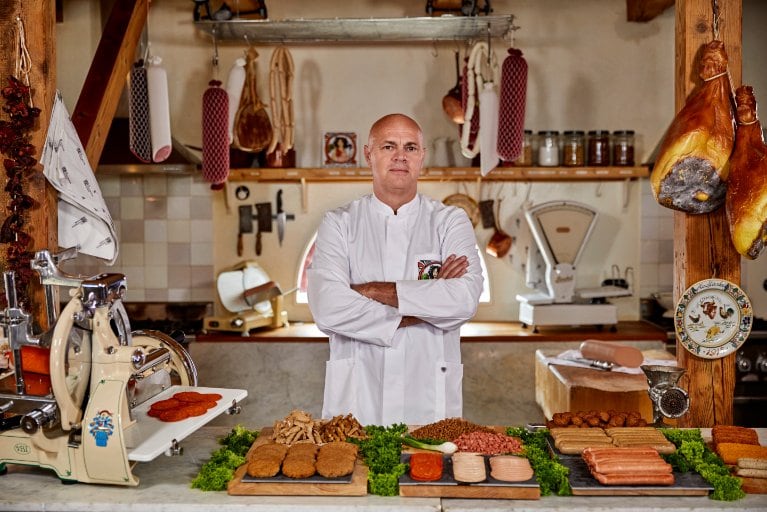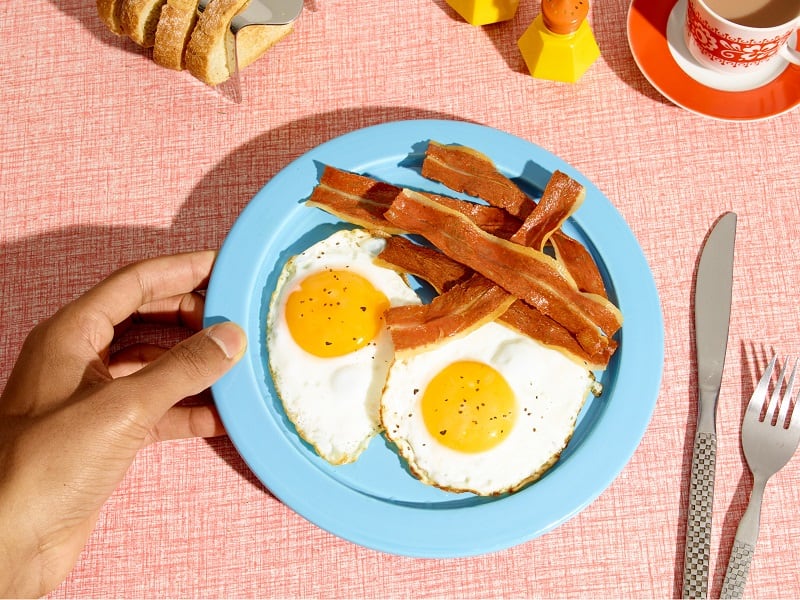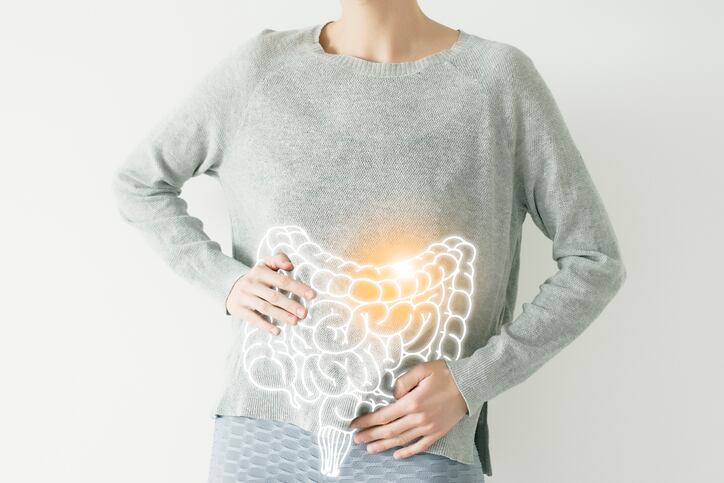Unilever recently announced a new annual global sales target of €1bn from plant-based meat and dairy alternatives by 2025-27.
The goal is part of the company’s Future Foods ambition, which also includes commitments to halve food waste in its direct operations by 2025, double the number of products delivering positive nutrition within the same time frame, and continue to lower calorie, salt and sugar levels across products.
Why is the FMCG giant setting itself new health and sustainability targets? “We are dealing with a food system that is broken, and that really has to change,” said Carla Hilhorst, EVP of R&D Foods and Refreshment at Unilever.
Citing the one billion hungry people across the globe, and the two billion who are either overweight or obese, Hilhorst stressed the urgent need for a revision of current practices.
From an environmental sustainability standpoint, one-third of all food produced in either lost or wasted, and the agri-food industry is responsible for 25% of global greenhouse gas emissions, she added.
These challenges align with the company’s purpose, suggested the EVP at the FoodNavigator 2021 Digital Summit: Positive Nutrition. “We believe that brands with a very strong purpose grow…We believe that companies with purpose last.”
Building dairy-free portfolio
Unilever acknowledges its influence within the global food system. The company is present in 190 countries around the globe, and of the 7.9bn people currently on the planet, a significant 2.5bn use a Unilever product every day. “So if we make small changes, we can actually have quite a bit of impact,” said Hilhorst.
The company’s ambition to build up its plant-based business reflects its purpose concerning human and planetary health. Unilever wants to “help drive the transformation to a more plant-based diet, which is required from a health, as well as planetary, point of view”, we were told.
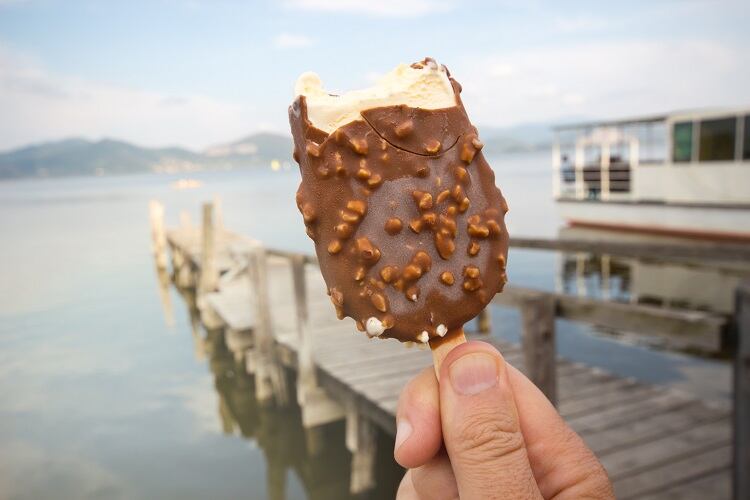
One way Unilever is working to encourage a dietary shift is via new product development in existing brands.
In the dairy space, Hilhorst pointed to Unilever’s well-known ice cream brands Magnum and Ben & Jerry’s. In Europe, Magnum rolled out its first vegan offering in Sweden and Finland in 2018, before launching in the UK. The dairy-free ice-cream alternative is made with pea protein, and chocolate made from Rainforest Alliance Certified cocoa.
Ben & Jerry’s entered the vegan space in 2016, 16 years after the brand was acquired by Unilever. The brand, which also uses pea protein in its dairy-free formulation, has recently added new vegan SKUs to the line: a caramel flavoured product with chocolate cookie swirls known as ‘Colin Kaepernicks Change the Whirled’, and a coconut and caramel flavour called ‘Save Our Swirled’.
“By creating products that are delicious, we are really seeing very high growth in this area,” said Hilhorst. This is how Unilever is ‘inspiring consumers to step into this space’, she continued.
Egg- and meat-free innovation
NPD is also a key focus in Unilever’s mayonnaise and meat-free brands.
Best-selling mayonnaise brand Hellmann’s is one such example. The brand was acquired by the FMCG in 2000 and launched its vegan mayonnaise alternative in 2018. Earlier this year, Hellmann’s rolled out three new flavours of vegan mayonnaise: Baconnaise, Chipotle, and Garlic.
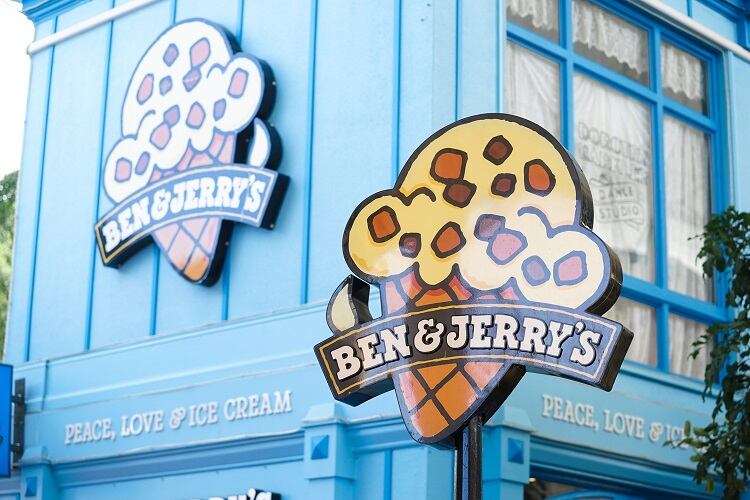
In the meat alternative space, Unilever’s biggest mark has been made via the acquisition of The Vegetarian Butcher in late 2018. At the time, it was already a ‘very successful’ brand in the Netherlands, Hilhorst recalled.
“Since then, we have rolled it out into 30 countries and we are starting to work with QSRs [quick service restaurants] to also make it available in those channels.” Indeed, The Vegan Butcher struck a deal with Burger King in 2019 to co-develop the latter’s Rebel Whopper burger.
“The purpose of The Vegetarian Butcher is to become the biggest butcher in the world and to really help drive this plant-based revolution. It’s a nice example of how brands with purpose can really help to make a difference,” Hilhorst told delegates.
Plant-based serving up positive nutrition
Still in the plant-based space, Unilever has been working to fortify its stable of products. These develops overlap into another area of the company’s Future Foods ambition: Unilever’s commitment to double the number of products that deliver on positive nutrition.
One of Unilever’s biggest brands, Knorr, is helping do just that. The ‘very sizeable’ brand, which boasts an annual turnover of more than €4bn, is geographically present ‘almost everywhere’, said Hilhorst.
“The purpose of Knorr is to reinvent food for humanity. We realised we can actually change the world by changing what’s on people’s plates. If we inspire people to do so, we can really make a difference.”
By ‘changing your plate’ and moving towards ‘more diversity’ in vegetables, consumers will not only improve the quality of their diet, but also encourage ‘higher diversity’ in ingredients production. This, too, is ‘helping to reduce the environment footprint’, said Unilever’s EVP. “Knorr is really trying to inspire people to eat more vegetables.”
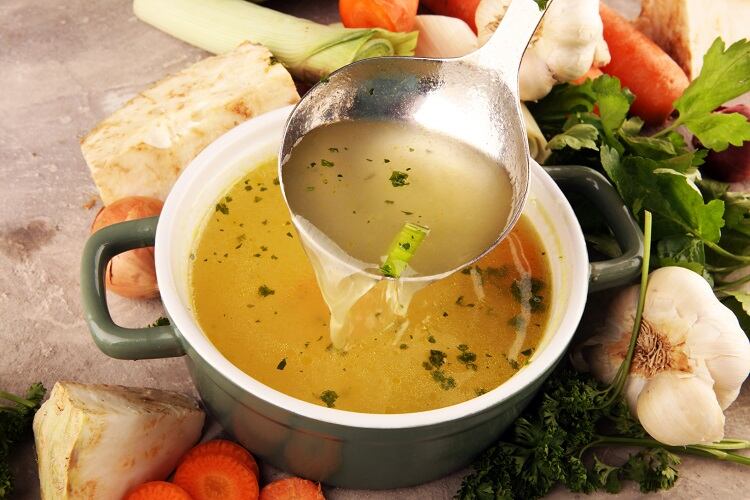
From a positive nutrition perspective, the company is also looking at fortification in its Knorr products, with a regional focus. In Kenya, for example, Knorr has fortified its bouillon cubes with iron.
“We know that teenage girls and women of child-bearing age have a shortage of iron…which is leading to amenia and reduced energy levels.
“We also know that the top dishes being consumed in these types of countries use bouillon cubes – so that is a product being consumed on a regular basis. By fortifying that with iron, we can really help to improve the iron intake of that target group and by doing so, really improve the positive nutrition status.”
Missed any of the FoodNavigator Digital Summit 2021: Positive Nutrition? Don’t worry, you can still access all of our sessions and handouts, which will be available on-demand for the next 90 days. Click here to REGISTER FOR FREE.


